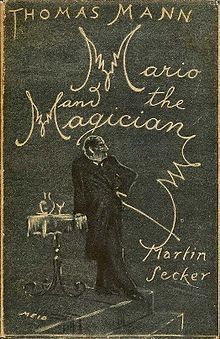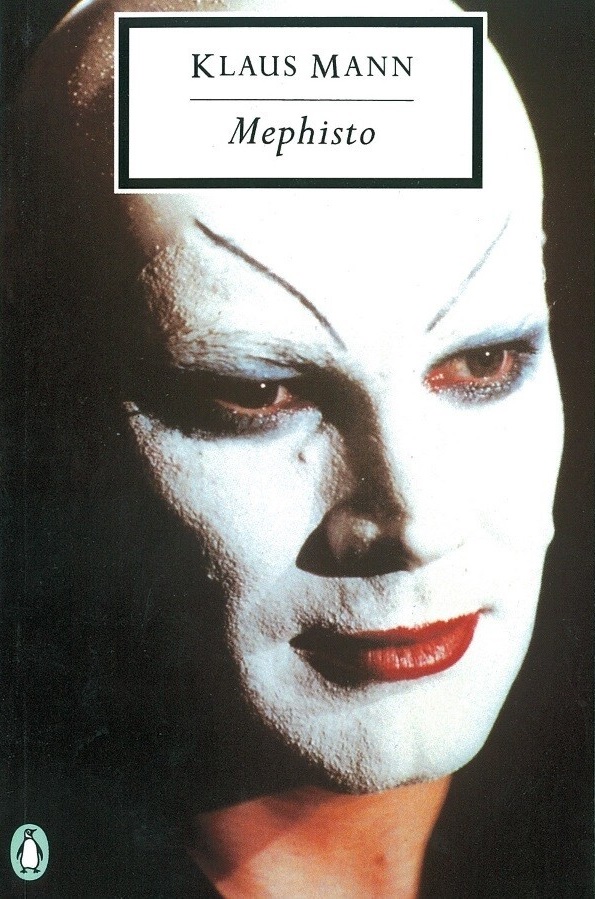
Mario and the Magician
Book Description
In a sun-drenched seaside town, a dazzling illusionist captivates audiences with eerie powers that blur the line between reality and magic. Young Mario becomes entranced, drawn into a web of seduction and danger as the magician’s sinister charm manipulates the crowd's darkest desires. As the performance escalates, the townspeople’s eerie allegiance to the magician ignites a haunting confrontation between illusion and truth. Relationships fracture, tensions mount, and the fabric of reality begins to unravel. Will Mario have the courage to confront the nightmare lurking behind the curtain? Can one boy reclaim his world from the clutches of a master deceiver?
Quick Book Summary
"Mario and the Magician" by Thomas Mann is an unsettling tale set in an Italian seaside town, where a traveling family encounters the enigmatic illusionist, Cipolla. The narrative explores themes of power, manipulation, and collective psychology as Cipolla's theatrical performance seduces, humiliates, and incites the audience. Mario, a young local hotel worker, becomes particularly susceptible to the magician’s hypnotic control, symbolizing the individual's vulnerability within mass hysteria. The story exposes the tension between illusion and truth, triggering a confrontation that culminates in violence. Mann uses this microcosm to mirror the rising dangers of authoritarianism and the seductive allure of charismatic leaders. The novella ultimately questions free will and highlights the perilous consequences when personal autonomy is surrendered to manipulative authority.
Summary of Key Ideas
Table of Contents
The Dangers of Charismatic Authority
The story unfolds on the Italian coast as a German family vacations in the seemingly serene town of Torre di Venere. Beneath the surface, however, the oppressive heat and social rigidity breed an atmosphere of unease and latent hostility, especially toward foreigners. Amidst this simmering tension, a traveling magician named Cipolla arrives, promising supernatural entertainment. The town, craving distraction and spectacle, eagerly fills the theater to witness his performance, bringing together a cross-section of its inhabitants, including the hotel worker, Mario, whose innocence and sensitivity set him apart.
The Vulnerability of the Individual
Cipolla’s entrance is marked by physical grotesqueness and an air of sinister charisma. His act quickly becomes more than mere parlour tricks; through hypnotism and psychological intimidation, he exerts profound control over his audience. Mann meticulously details how Cipolla manipulates people’s will, exposing their deepest fears, resentments, and desires. The magician’s dictatorial presence wields the crowd with theatrical finesse, reducing individuals to passive accomplices. The townspeople oscillate between awe, discomfort, and submissive laughter, reflecting the dangers present when a populace relinquishes critical thought to a persuasive authority.
Illusion vs. Reality
Mario, who appears initially peripheral, is eventually drawn into Cipolla's act. Targeted by the magician, Mario is both humiliated and compelled to reveal his private emotions, demonstrating how personal autonomy can be eroded by an external force. The scene embodies the struggle between individuality and the coercive pressures of collective enthusiasm. Through Mario, Mann channels the growing sense of powerlessness and the intimate psychological violence perpetrated by those who exact control over vulnerable souls.
Mass Psychology and Collective Hysteria
As the performance reaches its climax, the boundary between illusion and reality blurs. Cipolla’s escalating manipulations test the limits of both his own power and the audience’s willingness to submit. The townspeople begin to sense the underlying threat inherent in his magic, exposing the psychic costs of complicity with tyranny. A sudden act of violence—Mario fatally shooting Cipolla—snaps the spell, jolting the audience from passive spectatorship to sobering realization. The event symbolizes a radical reclaiming of agency, albeit through tragic means.
Moral Courage and Resistance
In its aftermath, Mann’s story resonates as an allegory against rising political authoritarianism and manipulation witnessed in Europe between the wars. The novella interrogates how easily societies succumb to charismatic leaders who prey on fear and uncertainty. It compels readers to reflect on the responsibilities of both individuals and communities in resisting seduction by spectacle and power. Ultimately, "Mario and the Magician" warns of the destructive consequences when illusion supplants reality and the solace of the crowd replaces the conscience of the self.
Download This Summary
Get a free PDF of this summary instantly — no email required.





